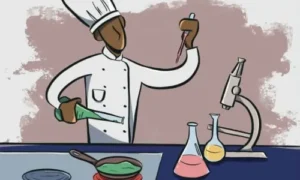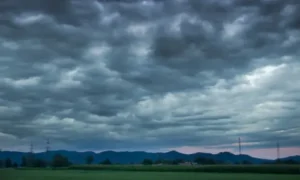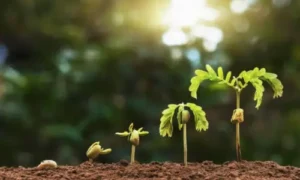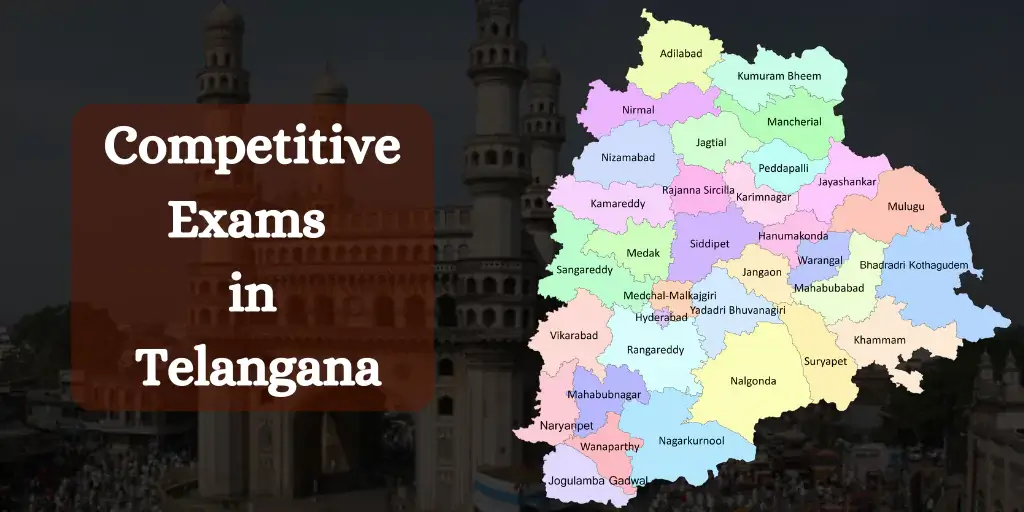Recently updated on December 4th, 2024 at 05:05 am
Welcome to our guide to engaging STEM activities for third graders! At this age, youngsters are naturally curious and eager to discover the world around them. Hands-on experiences allow them to explore science, technology, engineering, and mathematics in an exciting and informative manner. Let’s get started with some engaging activities appropriate for third-grade schools or homeschool settings.
1. Building Structures

Materials Needed:
Toothpicks, marshmallows, or popsicle sticks, and adhesive.
Description: Challenge students to build diverse buildings with toothpicks, marshmallows, or popsicle sticks. Encourage imagination as they design towers, bridges, and residences. As they develop, they discuss principles like stability, balance, and symmetry.
2. Nature Exploration

Materials Required:
Magnifying glasses, notepad, and pencils.
Description: Take students on a nature walk to examine plants, insects, and other natural phenomena. Offer magnifying glasses for close-up exploration. Encourage children to draw what they see and pose questions about ecosystems, habitats, and adaptations.
3. Coding adventures

Materials needed:
Computers or tablets with coding software (e.g., Blockly, ScratchJr).
Description: Use interactive games and activities to teach basic coding principles. Allow kids to build their own stories, animations, and games with block-based programming languages. Encourage exploration and problem-solving as students develop computational thinking skills.
4. Kitchen Chemistry

Materials Needed:
Baking soda, vinegar, food colouring, bowls, measuring spoons
Description: Conduct easy chemistry experiments with kitchen supplies. For example, to see a chemical reaction, combine baking soda with vinegar. Add food colouring to create visual effects. Discuss the science of the reactions and promote predictions.
5. Weather Watchers

Materials Needed:
Thermometers, rain gauges, cloud charts, weather journals
Description: Set up a weather station in the classroom and educate kids on how to observe and record weather patterns. They can measure temperature, precipitation, and cloud cover daily. Talk about meteorological phenomena such as rainbows, thunderstorms, and the water cycle.
6. The Seed to Plant Journey

Materials Needed:
Seeds (e.g., beans, sunflowers), pots, soil, watering cans
Description: Walk kids through the process of sowing seeds and seeing them grow into plants. Discuss the plant’s life cycle and the variables that promote growth. Encourage kids to keep a plant notebook to record changes over time.
7. Robotic Exploration

Materials Required:
Programmable robots (e.g., Bee-Bots, LEGO WeDo kits).
Description: Students will learn about basic robotics concepts through hands-on experiences. They can design and program robots to do basic tasks or navigate mazes. Encourage teamwork and problem-solving as they try out alternative designs and algorithms.
Conclusion
Engaging third graders in STEM activities not only piques their interest but also provides the groundwork for future learning and inquiry. We can inspire the next generation of scientists, engineers, and innovators by offering hands-on experiences in a variety of STEM subjects. We hope these activities add fun and excitement to your classroom or home learning environment.







binance
August 29, 2024Your point of view caught my eye and was very interesting. Thanks. I have a question for you. https://accounts.binance.info/pt-PT/register-person?ref=KDN7HDOR
Hector Batter
August 29, 2024Hello there, just became aware of your blog through Google, and found that it is truly informative. I am going to watch out for brussels. I’ll appreciate if you continue this in future. Many people will be benefited from your writing. Cheers!